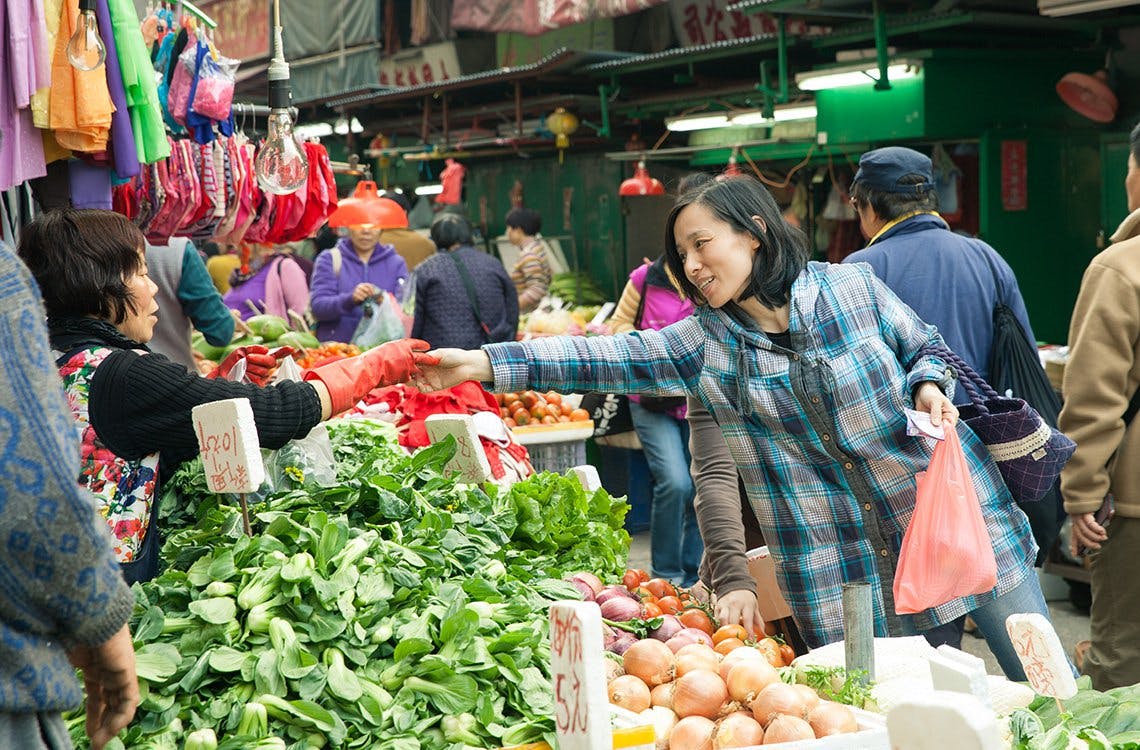
Cash Going Strong in Hong Kong
Cash is still widely used in Hong Kong, even while mainland China moves towards a cashless economy. An article in South China Morning Post explores how, in a curious turn of events, the Octopus cashless payment card has supported the retention of cash.
Ten years ago, cash was dominant across China. Today, the People’s Bank of China has ambitions of creating the world’s first completely digital national currency (though a trial giveaway of digital yuan raised questions around how widely it would be accepted). One in five payments in China is made using the Alipay or WeChat payment apps. Nonetheless, cash is tried and tested, relied upon for millennia, and remains an important payment option, most especially in Hong Kong.
Hong Kong is a pioneer and world leader in cashless alternatives, releasing the Octopus card in 1997 that offered payment for a wide variety of goods and services, and even permitted access to certain office buildings and accommodation. By 2019, the system was handling around 15 million transactions every day.
Despite this wide usage of alternatives, cash maintains its place in modern Hong Kong culture, with many forms of transport, small shops, street markets and restaurants remaining steadfastly cash-only, and no less popular for it.
Fortunately, the People’s Bank of China is committed to continuing the supply of physical currency, despite its enthusiasm for digital alternatives. At the Bund Summit in Shanghai, held in October, it was confirmed that the central bank will not cease to supply paper banknotes for as long as demand persists.
